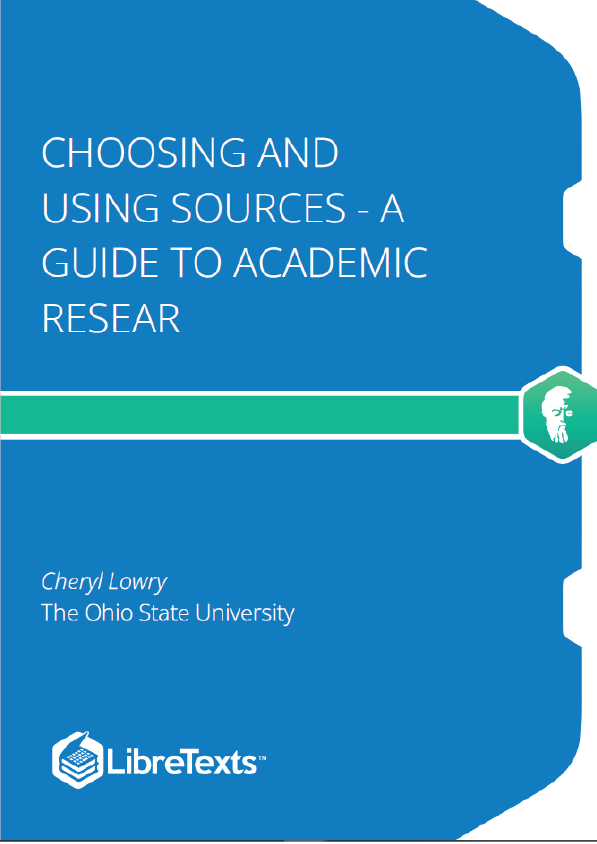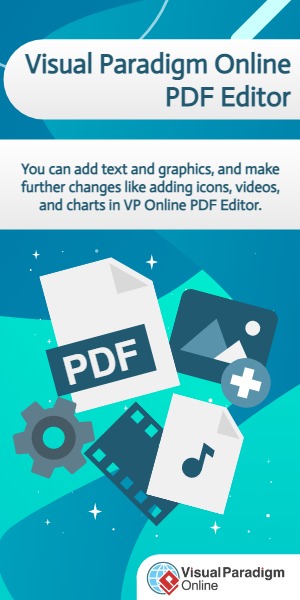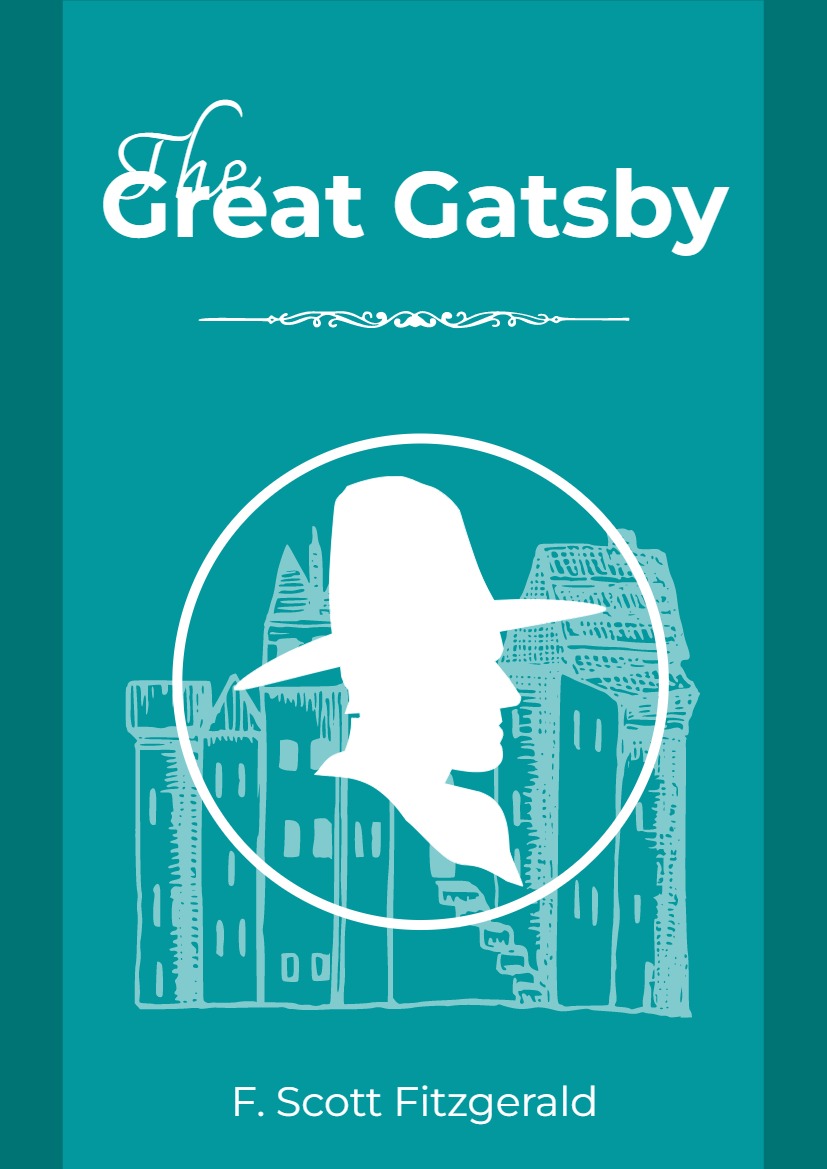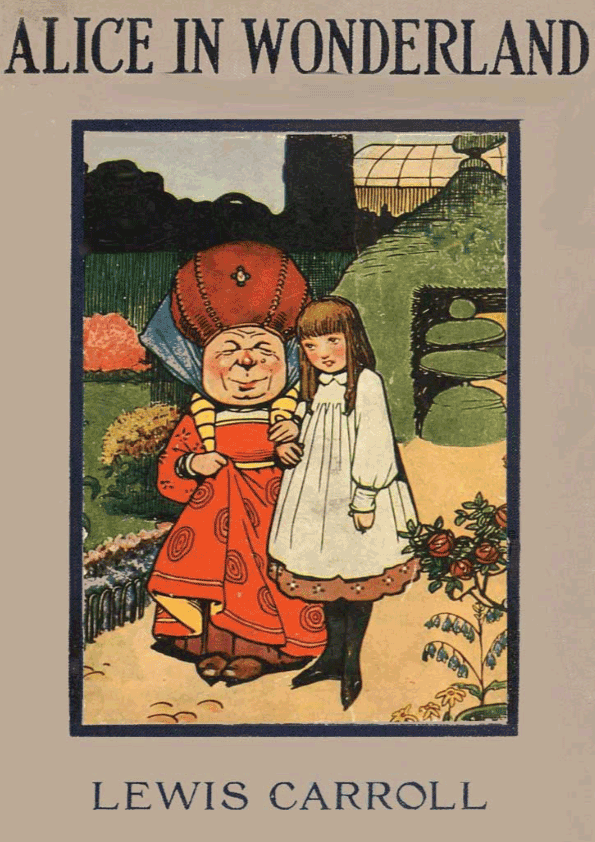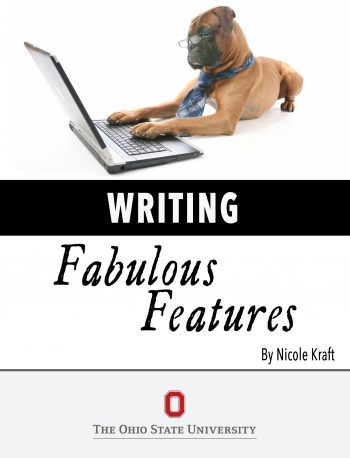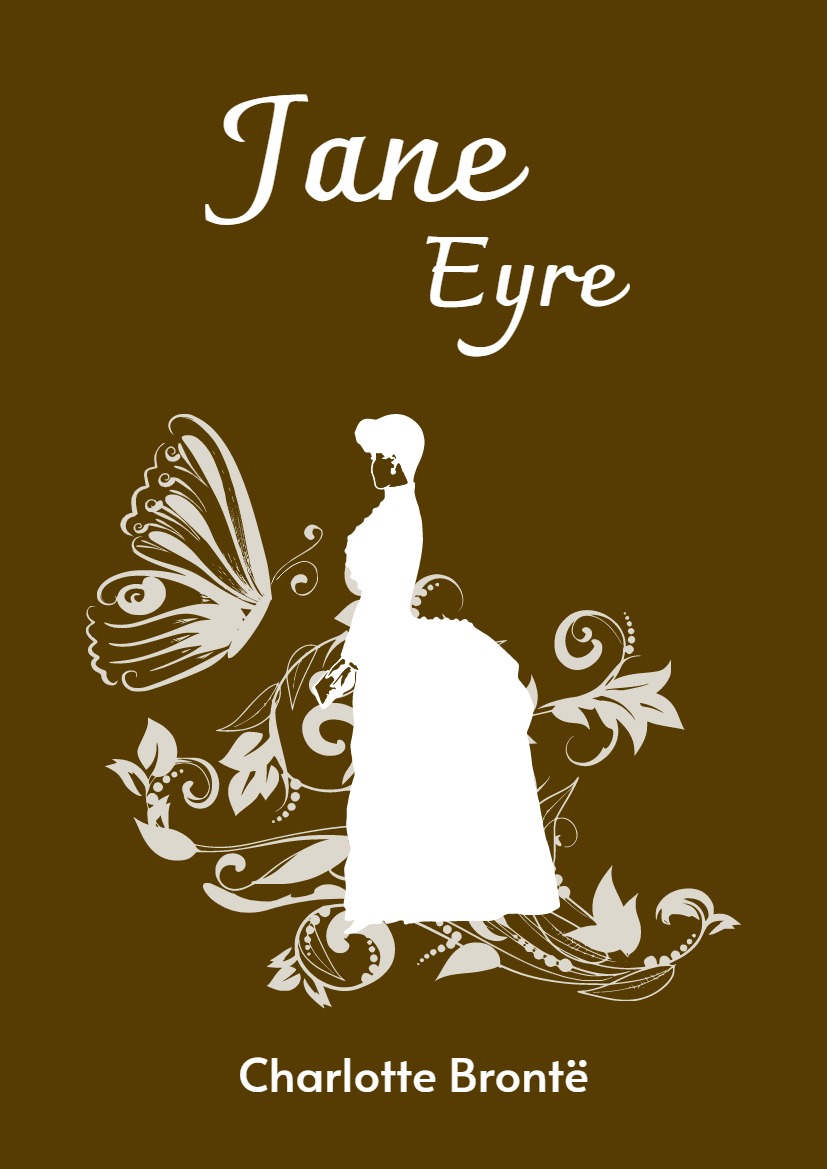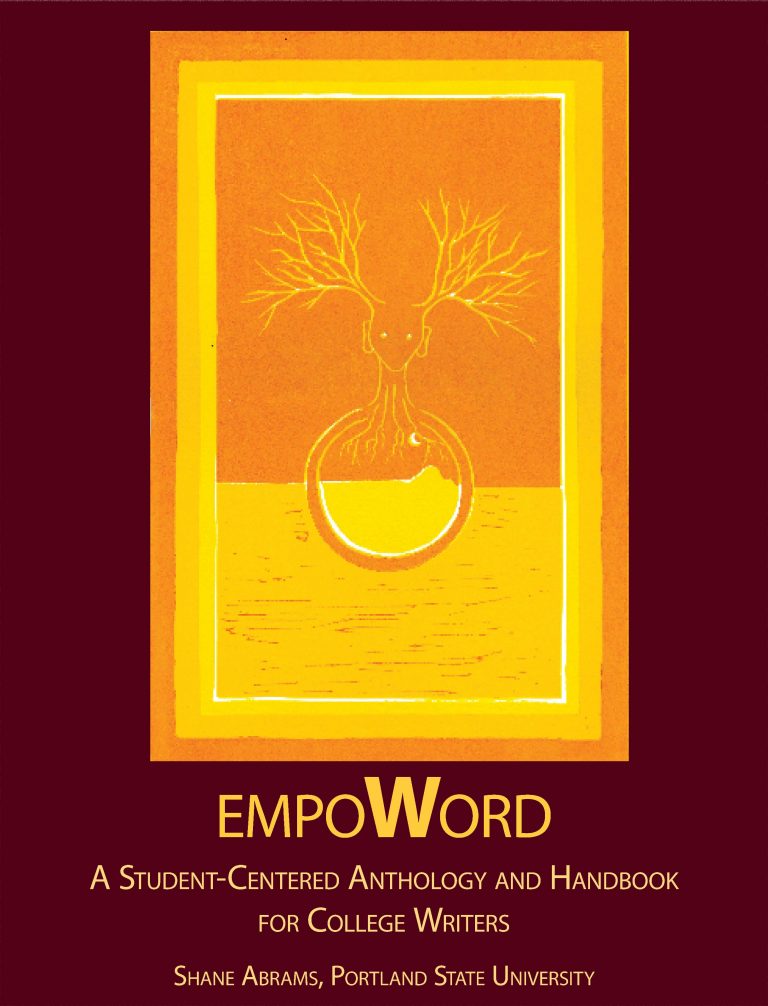Choosing & Using Sources presents a process for academic research and writing, from formulating your research question to selecting good information and using it effectively in your research assignments. Additional chapters cover understanding types of sources, searching for information, and avoiding plagiarism. Each chapter includes self-quizzes and activities to reinforce core concepts and help you apply them. There are also appendices for quick reference on search tools, copyright basics, and fair use.
Research questions are very important.
Both professional researchers and successful student researchers develop research questions. That’s because research questions are more than handy tools; they are essential to the research process.
By defining exactly what the researcher is trying to find out, these questions influence most of the rest of the steps taken to conduct the research. That’s true even if the research is not for academic purposes but for other areas of our lives.
For instance, if you’re seeking information about a health problem in order to learn whether you have anything to worry about, research questions will make it possible for you to more effectively decide whether to seek medical help–and how quickly. Or, if you’re researching a potential employer, having developed and used research questions will mean you’re able to more confidently decide whether to apply for an internship or job there.
The confidence you’ll have when making such decisions will come from knowing that the information they’re based on was gathered by conscious thought rather than serendipity and whim.
Narrowing a Topic
For many students, having to start with a research question is the biggest difference between how they did research in high school and how they are required to carry out their college research projects. It’s a process of working from the outside in: you start with the world of all possible topics (or your assigned topic) and narrow down until you’ve focused your interest enough to be able to tell precisely what you want to find out, instead of only what you want to “write about.”
Why Narrow a Topic?
Once you have a need for research—say, an assignment—you may need to prowl around a bit online to explore the topic and figure out what you actually want to find out and write about. For instance, maybe your assignment is to develop a poster about “spring” for an introductory horticulture course. The instructor expects you to narrow that topic to something you are interested in and that is related to your class.
Ideas about a narrower topic can come from anywhere. In this case, a narrower topic boils down to deciding what’s interesting to you about “spring” that is related to what you’re learning in your horticulture class and small enough to manage in the time you have.
One way to get ideas would be to read about spring in Wikipedia, looking for things that seem interesting and relevant to your class, and then letting one thing lead to another as you keep reading and thinking about likely possibilities that are more narrow than the enormous “spring” topic. (Be sure to pay attention to the references at the bottom of most Wikipedia pages and pursue any that look interesting. Your instructor is not likely to let you cite Wikipedia, but those references may be citable scholarly sources that you could eventually decide to use.)
Or, instead, if it is spring at the time you could start by just looking around, admire the blooming trees on campus, and decide you’d like your poster to be about bud development on your favorites, the crabapple trees.
